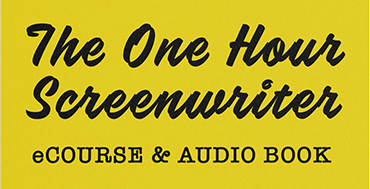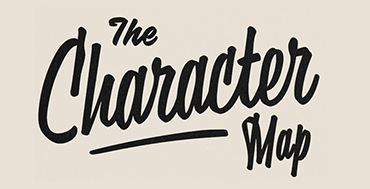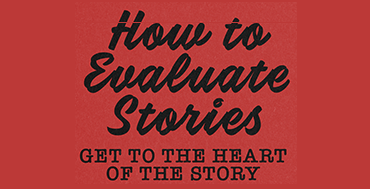The Role of Impulse in Creating Three Dimensional Characters


Here’s the bottom line: An increasing body of science suggests that we disagree about politics not for intellectual or philosophical reasons, but because we have fundamentally different ways of responding to the basic information presented to us by the world. These are often ways of which we are not even aware– automatic, subconscious– but that color all of our perceptions, and that effectively drive us apart politically.
What’s more, what is true for how we come to our opinions about politics is also, assuredly, true for how we approach “facts” that are perceived to have some bearing on (or threaten) the validity of our political opinions–whether those facts are scientific, economic, historical, or even theological in nature.
In the Emotional Toolbox approach to character, a three-dimensional character actually has three dimensions
1) Immediate Response- where the character goes first emotionally
2) Long-Term Orientation- the character’s general philosophy on life and love
3) Strategic Approach- how the character plans and works to achieve a goal
In this post I will consider a character’s Immediate Response. This is how a character viscerally reacts to an unexpected challenge, opportunity, or threat. (For example aggressive questions at a Press Conference.)
A character’s Immediate Response is where the character goes first emotionally. This response is a character’s automatic reaction when caught off-guard, questioned, or challenged unexpectedly.


These characters are instinctively propelled forward by outrage and moral indignation. Their judgment and action is swift and immutable. They refuse to compromise or back down. They are relentless in confronting what they perceive as evil, corrupt, bad, or ethically unacceptable.
Rick Santorum, a Power of Conscience character, is known for his impulsive comments and passing swift judgement when presented with anything that might violate his standards of decency, ethics, or principles.


These characters want to be certain that they know what is actually going on as opposed to what appears to be happening. They suspect and try to detect what the real motives are or what is hidden from the superficial assessment. It’s the measured MBA mindset as an Initial Response.
Mitt Romney, a Power of Truth character, is measured, cool, and distant in his response to anything. He has been roundly criticized for his stiff off-the-cuff remarks and lack of passion when responding to challenges, questions, or difficulty. He is a cautious man who constantly hedges his bets, backtracks, and equivocates.


Barack Obama, a Power of Imagination character, has been criticized for instinctively seeking compromise and collaboration with even those unalterably opposed to him personally, all his policies, and everything he believes in. Obama, in a crisis, believes in creating “teaching moments” in an attempt to establish common ground and bring people together. His first instinct is to promote a larger vision and inspire others to follow him as a unified whole out any emergency.
These Immediate Reactions are powerful automatic responses to any situation. These responses clearly distinguish characters in the political area and in every other aspects of their lives.




Create a visual map for a character’s emotional journey. Pull stories from character rather from rote story structure beats. Some of the largest international media companies, use this in story and character development.


A clear concise guide for writers and producers to have by their side as they embark on a project. It gives a really vital reminder of what is key for story success.

No comment yet, add your voice below!